-
1
THE CAVA REGULATORY BOARD
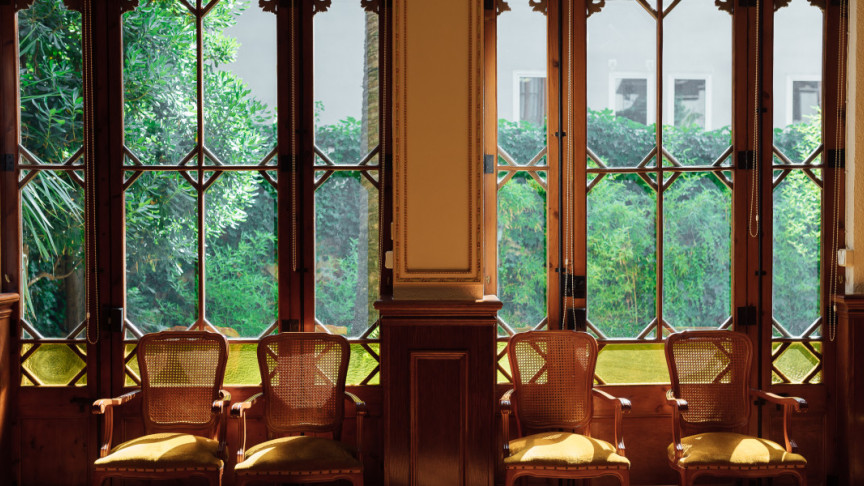
This module kicks off the course with an introduction to Cava, taking a look at its history and background, and its current position in the world, as well as explaining the creation of the Cava Designation of Origin, which is the consumer's guarantee of quality today.
-
2
CAVA VITICULTURE (old)
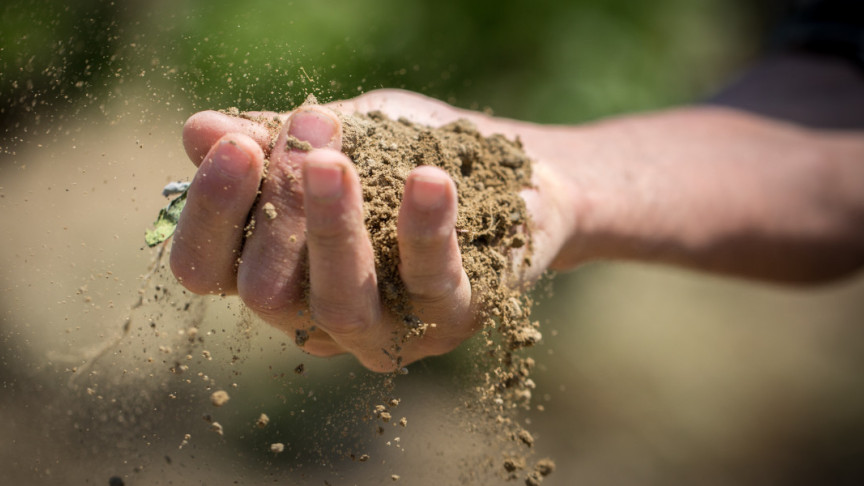
This module is all about climate and geography, the vine cycle, planting densities and yields, the types of grapes suitable for making Cava, diseases that affect the vines, and the importance of sustainability and respect for the environment in D.O. Cava.
-
3
CAVA WINEMAKING.
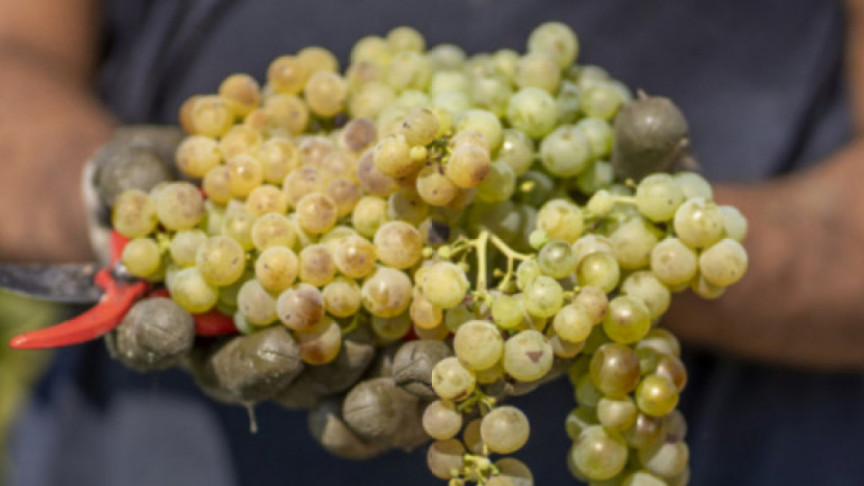
This module introduces the Cava production process from beginning to end, and the different stages of the harvest: pressing, first fermentation, coupage, clarification, tirage, second fermentation, the dosage or expedition liqueur, disgorgement, the finishing touches, and bottling.
-
4
AGEING OF CAVA
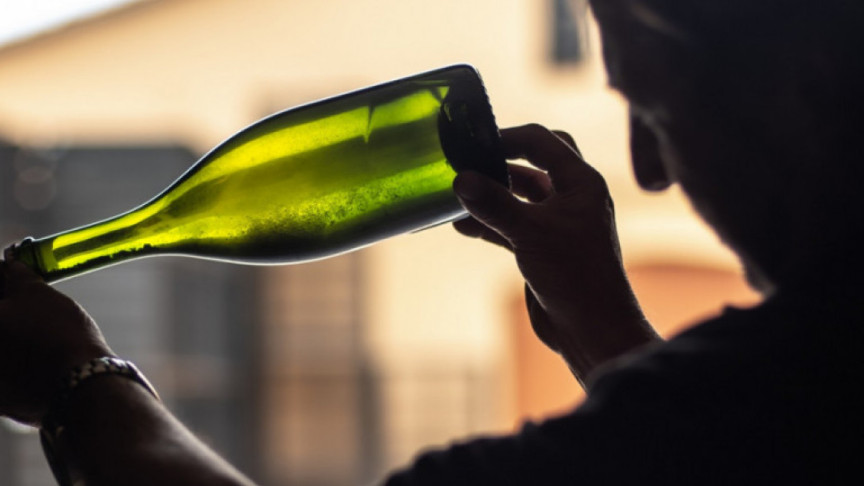
This module covers contents related to yeasts, including the importance of Cava ageing, the process of autolysis and its organoleptic function.
-
5
CAVA: CLASSIFICATION AND QUALITY ASSURANCE.
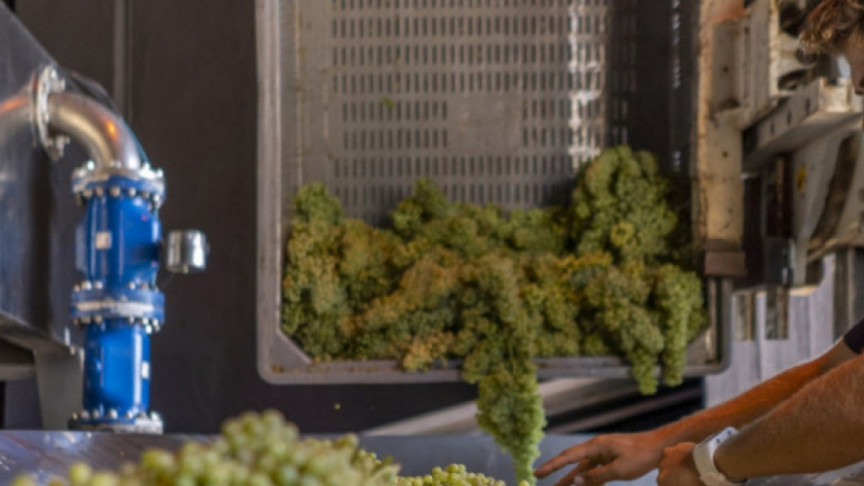
This module presents the classification of Cava according to its sugar content or expedition liqueur, and the categories and types of Cava based on ageing. We’ll also be exploring the premium category of Cava de Guarda Superior de Paraje Calificado, the quality seals (marchamos) and the regulations and quality standards that make Cava a truly excellent product.
-
6
TASTING CAVA
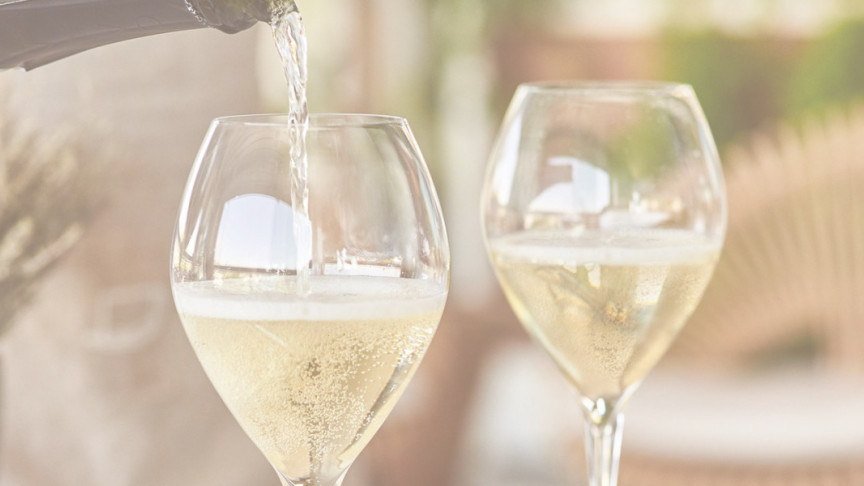
This module looks at how to serve Cava, explaining how to keep it at the right temperature, and which is the ideal type of glass to drink it in. You’ll have the opportunity to taste the Academy’s Cavas under the expert guidance of Pedro Ballesteros MW via a series of video tutorials.
-
7
CAVA AND GASTRONOMY.
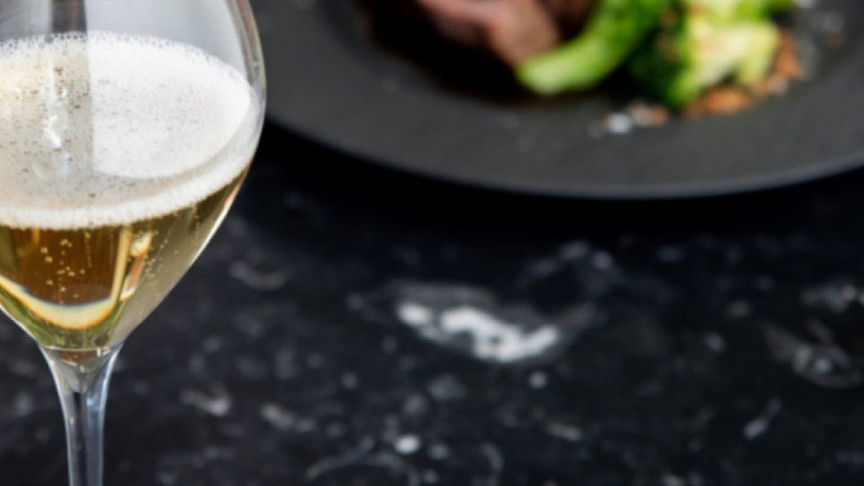
In this module is all about enjoying Cava with food, studying the pairings and harmonies that give it a unique versatility.
-
8
FINAL TEST.
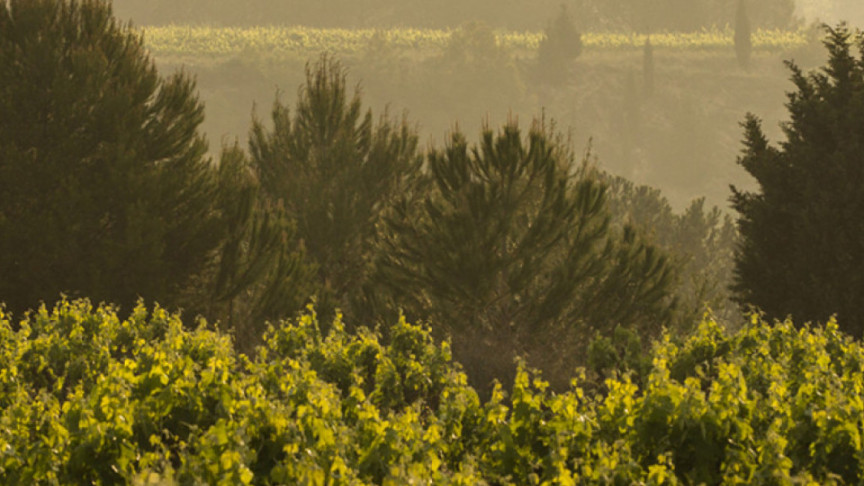
Test your knowledge by successfully completing the 30-question final exam.
-
9
Thesis (12/10/25) (Optional)
If you like research work, choose the topic of your thesis and start your studies now with a view to obtaining the maximum Cava Expert certification.
Main task completed
The main task has been completed.
Once you close this window, the page will reload so that you can continue.

Comments